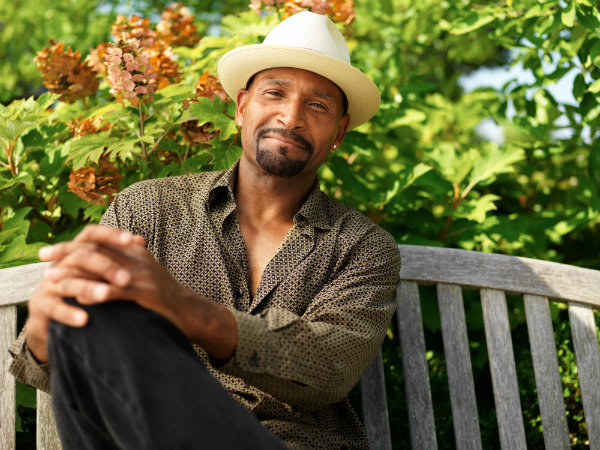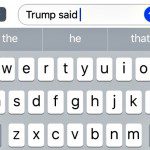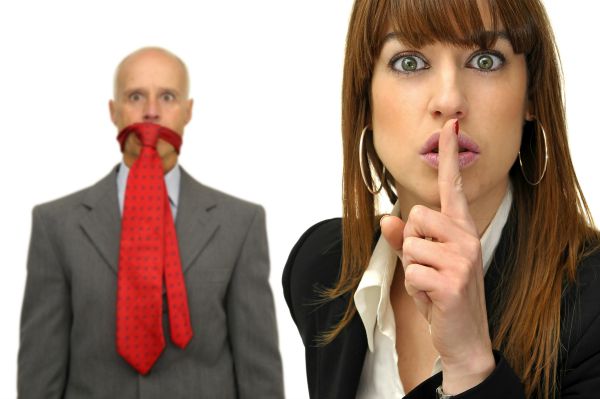Dear John,
Lately my 9-year-old son has been asking me questions about, basically, racism — things like why people are pulling down statues, and what the phrase “Black Lives Matter” means. Any advice on what I might tell him about any of this?
Here’s some of what I’d say to a kid about race relations in America:
So, you know your grandparents? When their parents were the age you are now, there were black senior citizens walking around everywhere, who, from the moment they were born, were owned by white people.
Just over 150 years ago — and you’ll probably live to be 100, so we’re not talking a lot of time here — it was considered perfectly normal, right here in America, for white people to own black people, the same way you might own a toy or a dog.
Black people who were owned by white people were called slaves. Being a slave was the most awful thing you could ever imagine. If you were a slave, the white person who owned you could beat you, starve you, let dogs attack you— they could do anything they wanted to you, no matter how horrible. And not just to you, but to your whole family. Because they owned them, too.
Slaves weren’t thought of as people. They were considered property, useful things to keep and then get rid of when you didn’t want them anymore. If I were a white person who owned a black woman, and that woman had a baby, I could take that baby right out of her arms, any time I felt like it, and sell it to another white person.
And if the woman slave cried because she knew she would never see her baby again, I could punch her in the face for crying. If I wanted to, I could tie her to the back of a horse and drag her through the middle of town until she was dead. And I wouldn’t get in any trouble for doing that. Because that slave was mine, and I could do to her anything I wanted.
Only 150 years ago — and after a whole huge war called the American Civil War was fought over it — slavery was finally made illegal. After the Civil War, it was against the law for white people to own black people. Black people then had all the legal rights white people had.
But a lot of white people who had owned slaves were very angry about losing the Civil War. They liked owning black people. They didn’t want that to stop. Because it makes a person feel powerful when they can own another person.
The statues you see being torn down are old. They’re usually statues of men who fought their hardest to keep slavery from becoming illegal. The purpose of the statues is to broadcast to the world that the people who fought to preserve slavery in the Civil War were good and honorable. And they may have been. Good people can do terrible things. And fighting for the right to own other people is about as terrible a thing as anyone can do.
Black people don’t want to see huge public statues all about how great slavery was. And they sure don’t want their children to see them. Because they know that, “It was awesome when your great-great grandparents were owned by white people” is a horrible message for their children to receive.
So they, and all the people who agree with them — which includes millions and millions of white people — want those statues taken down.
“Black Lives Matter” is just a way of saying that black people deserve as much respect and fair treatment as anyone else does. And of course they do. No one should have to stand out in the street proclaiming that their life matters.
But black people sometimes feel they must do that, because that’s how tired they are of being treated — by mean-spirited individual white people, and by the white-dominated institutions that have always wielded so much power in this country — as if their lives can’t possibly be worth as much as the life of any white person. And the fact that so many white people still believe that’s true is just about the worst and saddest thing there is in the world.
Submit questions via email to [email protected]. All questions are published anonymously and may be edited for brevity, clarity, or to ensure anonymity.














